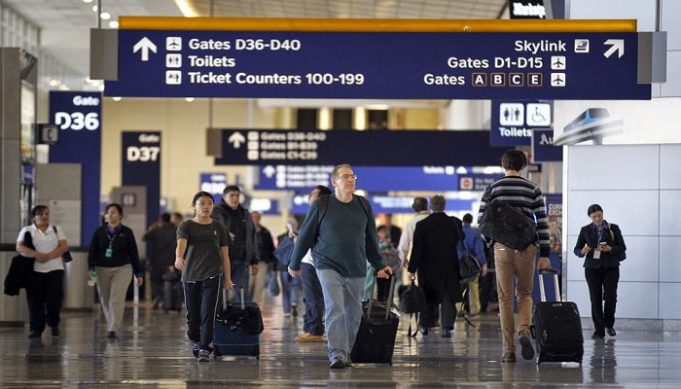It is advisable to abstain from alcohol or caffeinated drinks during flights as they lead to dehydration, which tends to be a problem in airliners anyway owing to the dry air. It is also sensible to avoid eating a heavy meal during and before the flight, as this can lead to an upset stomach given one’s relative immobility during the journey. Eating light snacks at regular intervals is a better idea.
Experts advise travellers to keep moving throughout the flight. They suggest getting up and walking for about for five to ten minutes every hour, stretching regularly in one’s seat, and avoiding sitting with crossed legs. It is also good to tense and relax the leg muscles and place them on the foot rest as often as possible. Immobility can lead to DVT. Travellers can now buy elastic in-flight socks which can help to prevent DVT; these are available at airports or from many large pharmacies.
When taking off and landing, sucking sweets or swallowing will help equalize the pressure in one’s sinuses and prevent ear and sinus pain.
Although problems during flying are very rare, British Airways estimate that one in 20,000 travellers experience a serious health problem whilst flying. So following the above advice could make the difference between an enjoyable and healthy flight and a serious problem.



















